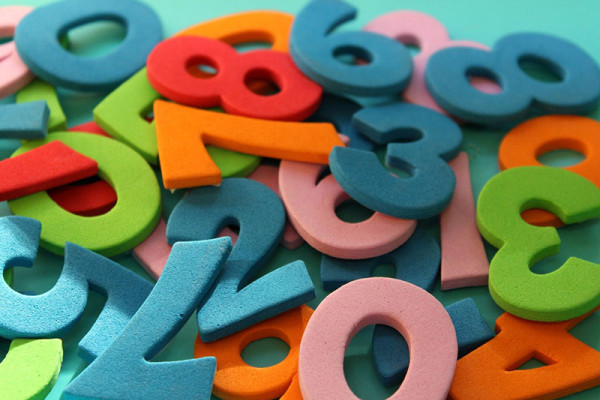Improve your level of English by learning binomials.

First of all we should know what a binomial is, and it's an expression where two words are joined by a conjunction or preposition, for example: "odds and ends", "pros and cons"... The word order is usually fixed, that is, we can say "black and white" but not "white and black".
Binomials are as much a part of a native English speaker's vocabulary, if not more, than the dreaded phrasal verbs, and they allow us to express an idea in a simple and straightforward way. Learning them will help us improve our level of English, both orally and in writing. That is to say, they will be very useful for those who want to get an official qualification and therefore have to face a writing part.
Binomials follow certain patterns related to sound, the grammatical category of words, synonyms and antonyms... Let's see some examples:
1. The words used have alliteration.
In this case the two words of the binomial begin with the same letter. For example: Safe and sound, cash and carry, fast and furious, pots and pans, tit for tat, wash and wear, bread and butter, bread and breakfast, spick and span...
2. The words rhyme.
There are binomials whose words sound very similar because they share the same vowels or consonants. For example: Hustle and bustle, huff and puff, wear and tear, wine and dine, cut and run, rise and shine...
3. Synonymous.
Many binomials contain words that are either synonymous or related in some way. For example: Pick and choose, peace and quiet, first and foremost, leaps and bounds, heart and soul, neat and tidy, pins and needles, bells and whistles...
4. Opposites.
These types of binomials contain words that are antonyms, such as back and forth, black and white, buy and sell, come and go, ups and downs, thick and thin, soap and water, life or death, give and take, fruits and vegetables, hand and foot...
5. Same grammatical category.
In many cases the two words that form the binomial share a grammatical category: two adjectives, two adverbs, two verbs... For example: Here and there, on and off, down and out, short and sweet, wait and see, far and away, sooner or later...
6. Binomials separated by particles other than "and".
As you will have observed, in practically all the previous examples the words of the binomials are separated by the conjunction "and", but there are others that do not follow this pattern, such as: back to front, all or nothing, slowly but surely, more or less, little by little, rain or shine...
There are countless binomials in English and it seems that they are part of the common language used by the natives in their daily conversations, so it wouldn't be a bad idea to get to know some of them in order to improve and expand our English.
If you know interesting or funny binomials, don't hesitate to put them in the comments.
Artículos relacionados
Comment















